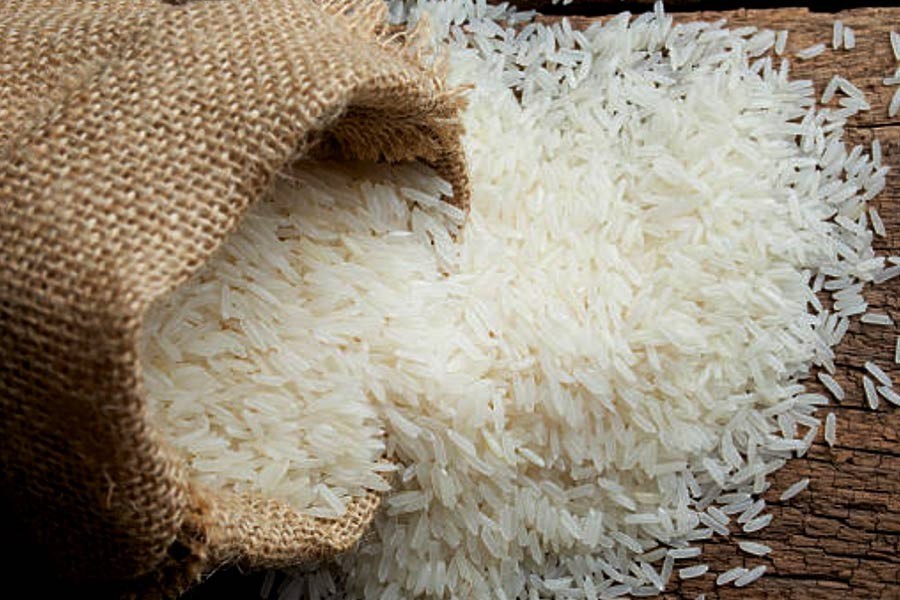The government has imposed a ban on export of fragrant rice to control its price in the local market.
The commerce ministry has asked the National Board of Revenue (NBR) to take required measures in this regard.
According to a latest move, the commerce ministry has cancelled the export permissions it gave earlier in favour of 41 companies.
In February last, the food ministry requested the commerce ministry to impose a ban on export of aromatic rice.
According to the export policy, there are opportunities to export 25 types of aromatic rice subject to special approval by the commerce ministry.
Before the ban, the ministry allowed export of the item on a case-to-case basis.
Different private firms, including Ispahani, Square and Pran, export an estimated 10,000-16,000 tonnes of packaged aromatic rice to more than 135 countries every fiscal year.
Besides, 4,500-10,000 tonnes are exported for expatriate Bangladeshis working and living in different countries.
Such rice goes to the United Arab Emirates, Saudi Arabia, Australia, Brunei, Bhutan, Canada, Switzerland, the UK, France, Germany, Finland, Greece, Hong Kong, Ireland, Italy, Jordan, Japan, Lebanon, the Maldives, Nepal, New Zealand, Myanmar, Mauritius, Malaysia, Kuwait, Liberia and South Africa.
Bangladeshi Chinigura, Kalijeera, Kataribhog, Basmati (locally known as Banglamoti) and Nenia are in great demand in the overseas markets.


